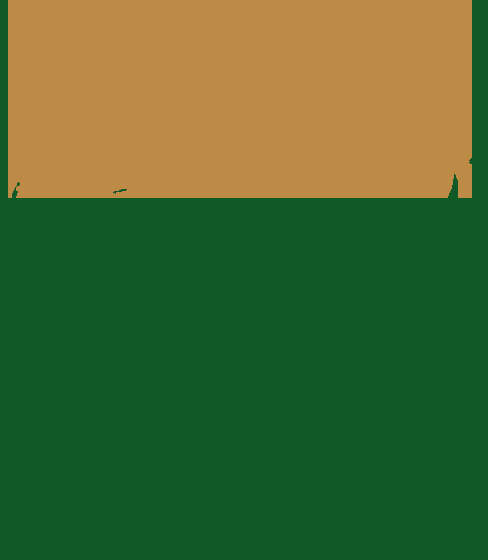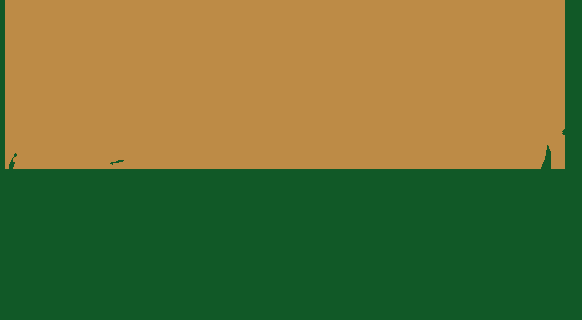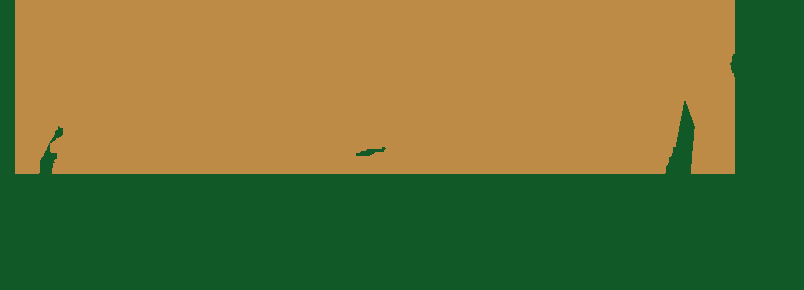Porcupines
Porcupine Control
Porcupines are commonly found throughout the western half of the United States. Porcupines weigh 11-36 pounds, and are approximately 24-37 inches long with an 8-10 inch tail.
Porcupines eat clover, bark, leaves, and herbs so they are considered herbivores. The North American porcupine; as shown photographed below in Alva, Oklahoma, will climb trees in search of food. They are mostly nocturnal, which means they move around mostly at night.

Porcupines As Nuisance Wildlife
Porcupines become a nuisance when your pets or an unsuspecting child are harmed. Curious livestock such as horses and cattle, in search of a closer look, can also fall victim to a porcupine's quills. They can also do a lot of damage in the yard when they tear it up looking for food, and they can quickly kill a tree by eating it's bark off. Like other rodents, porcupines have large teeth and a desire to chew, they can do a lot of damage inside a barn, shed or any other where they can access beams, tools or wood.
The photo below illustrates how large and rodent-like a porcupine's teeth can be. As with many other kinds of wildlife, having them around your home provides incentive for other wildlife to come around too.
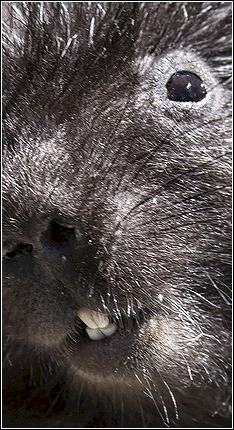
Getting Rid Of Porcupines Around The House
Sometimes the best porcupine control is simply putting barriers in place and making attractants around your home unavailable to them.
Porcupines are attracted to anything salty, including tool handles, clothing, doors, footwear and anything salt came into contact with. Be aware of this when putting down salt in the winter for snow and ice.
Dig Defence Animal Control Commercial Grade can be a big help when it comes to getting rid of porcupines around the house. Dig Defence prevents them from digging under your foundation, deck or shed, so they will have to go elsewhere when searching for a place to make their den.
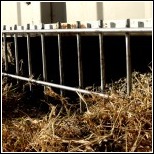
Dogs And Porcupines
Porcupines have a variety of defence mechanisms including sharp tipped quills, teeth, claws, loud chattering noises they can make with their teeth, and a strong unpleasant odor that intensifies when threatened.
Porcupines don't "throw" their quills, but as part of their defence system, the quills "stand up" and easily release into invading or overly curious creatures. Porcupines have even been known to try to back up toward their enemy in an attempt to embed their quills into the threatening animal.
Curious dogs often learn the hard way just how painful a porcupine's quills can be, and quills embedded in your dog should be taken very seriously. If you live in an area where porcupines may be a hazard for your pet, please know that porcupine quill removal is not something that can be done by just anyone, and if not properly removed your pet may suffer even more.
If your dog attacks a porcupine, before you start removing porcupine quills, consult your veterinarian and watch this video about porcupine quill removal from a dog. This poor girl had been on one of her first trips to the wilderness and her first encounter with a porcupine did not go so well. Please note, the video is graphic and may be difficult for some to watch.

1242 SW Pine Island Rd., Suite 310
Cape Coral, Florida 33991-2126
help@totalwildlifecontrol.com










